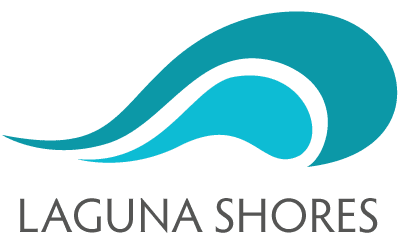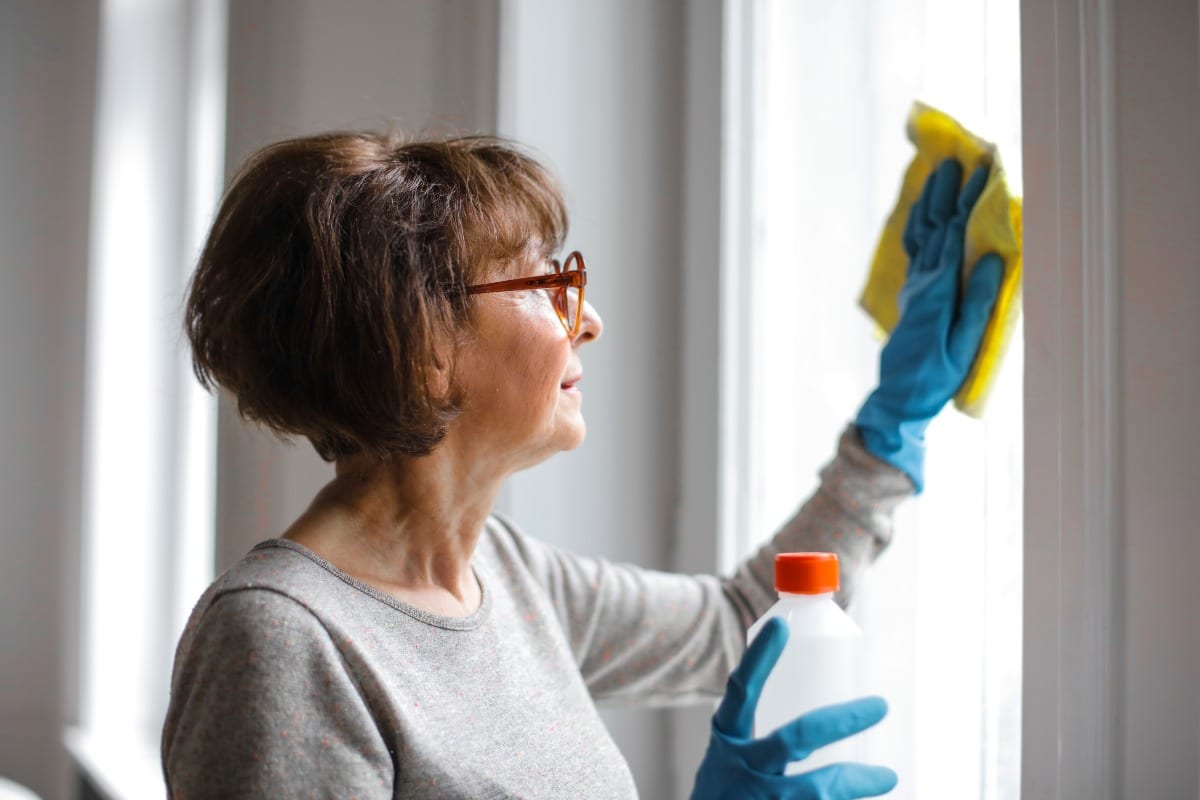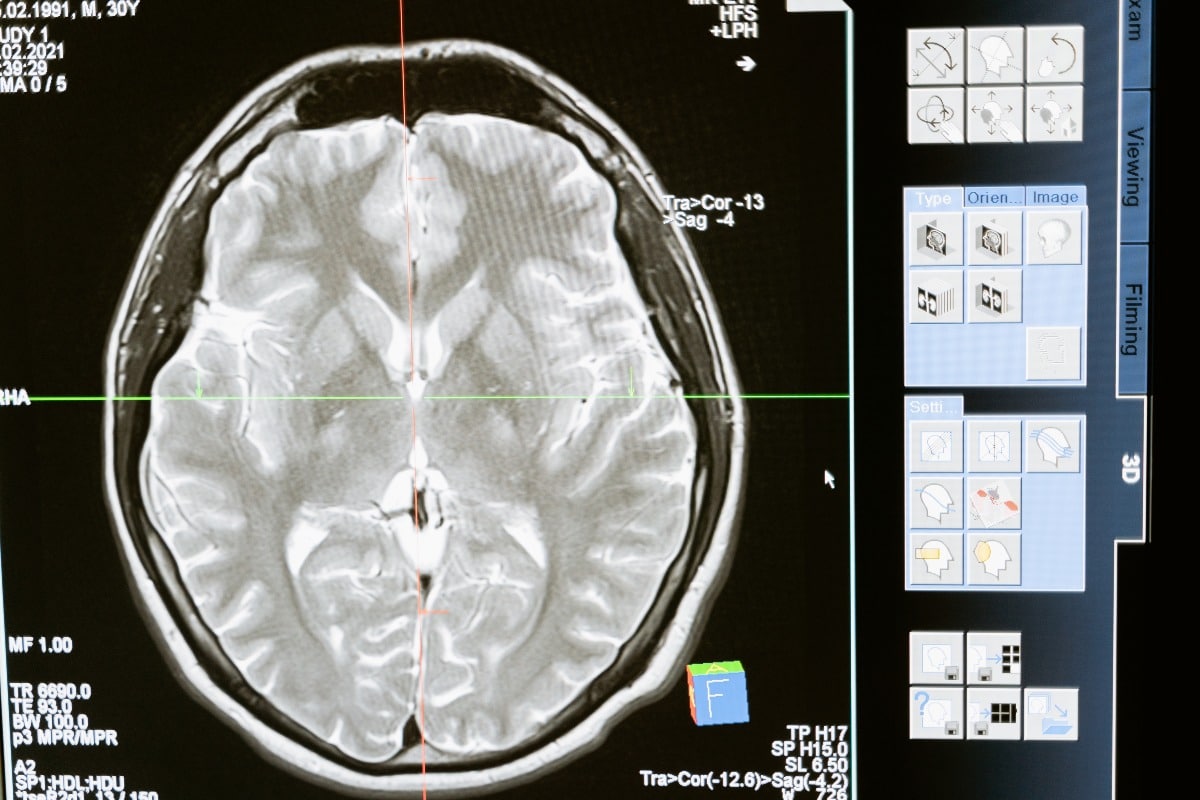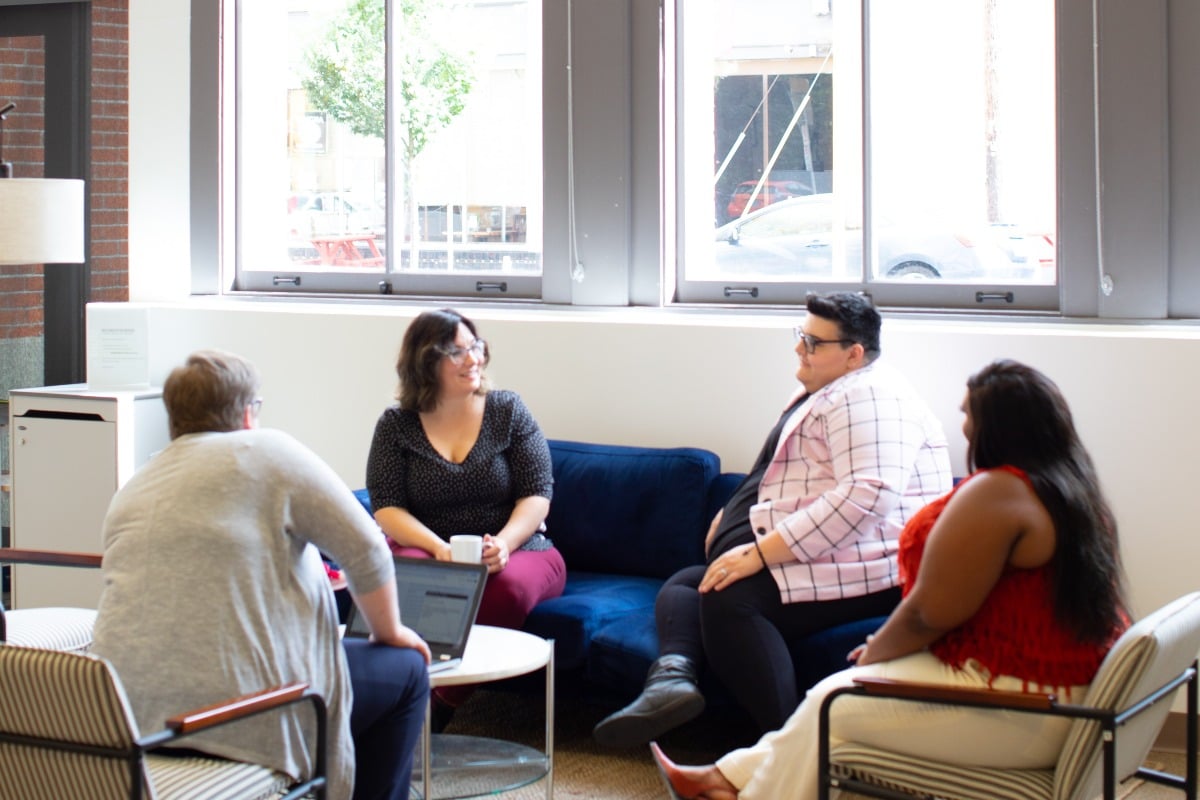5 Relapse Prevention Techniques for Addiction Recovery
Relapse is a natural and often encountered component of the addiction recovery process. Rather than considering it as defeat, think of relapse as simply an obstacle that you can and will overcome! Thankfully, relapse prevention techniques can help you successfully travel the road to recovery.











